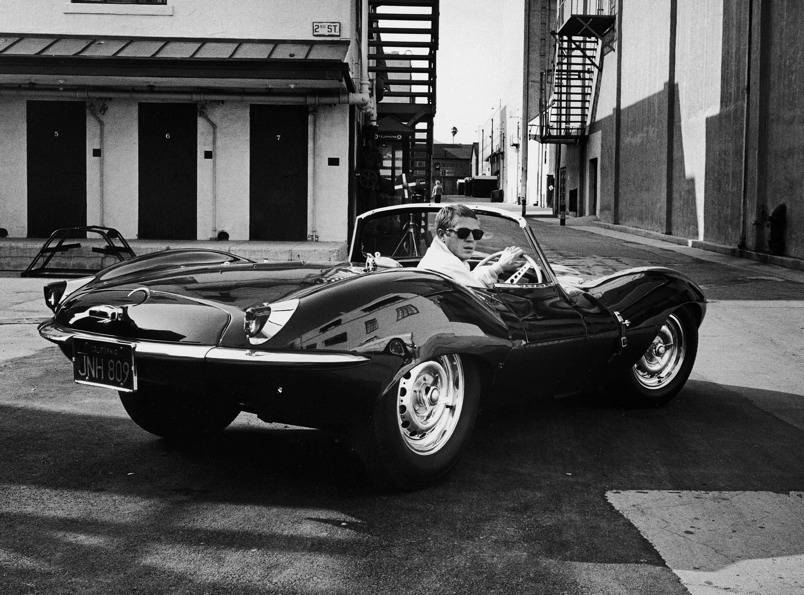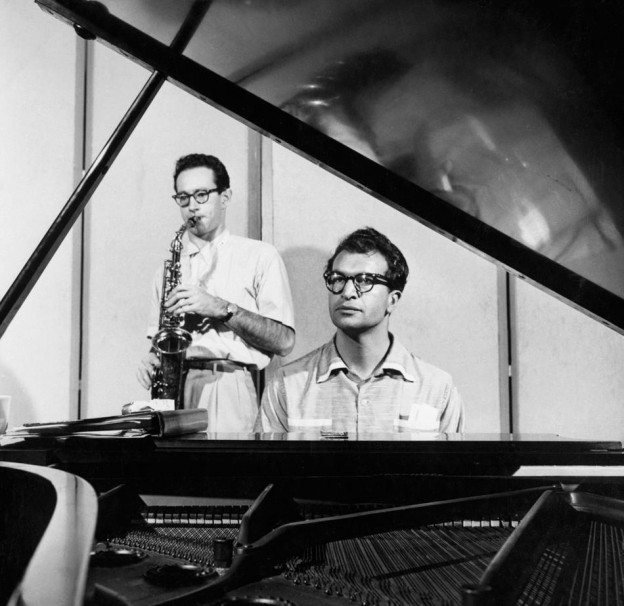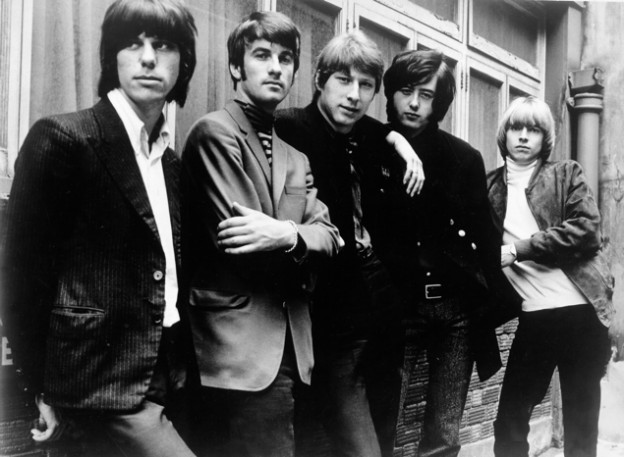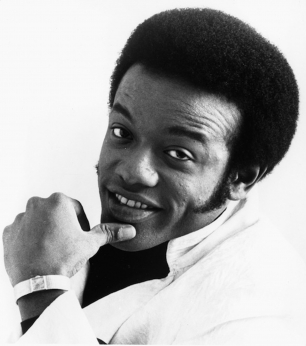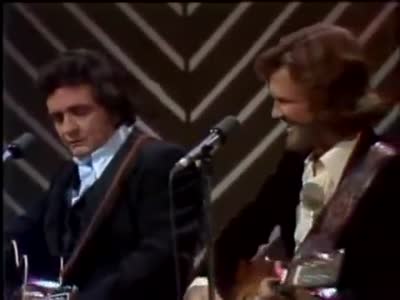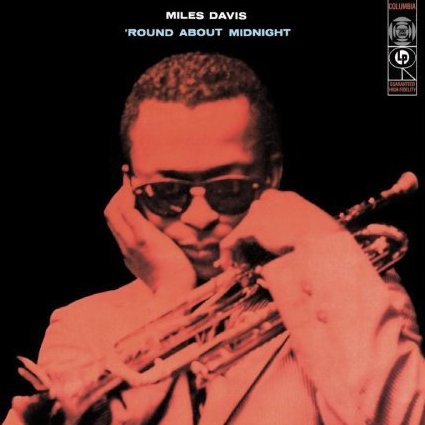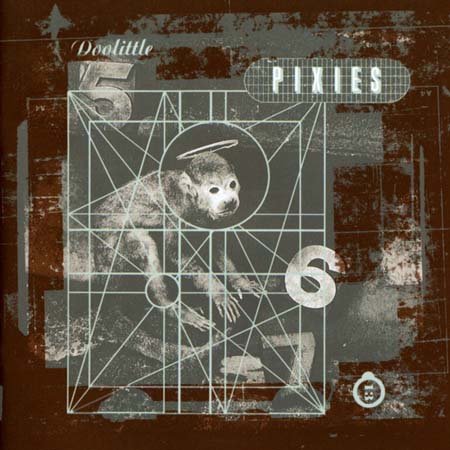If you are just starting a Jazz collection there are a few seminal records you should acquire right out of the box. Anything by the Miles Davis Quintet from the 1950s, any of Coltrane’s Atlantic recordings, Stan Getz’s Bossa Nova years just to name a few. Another certain must-have is 1959’s Time Out by The Dave Brubeck Quartet. Looking nothing like reefer-smoking beatniks with their spit-and-polish suits and heavy frame glasses, this classic ensemble featured Brubeck on piano, the great and super smooth Paul Desmond on alto sax, Eugene Wright on bass and the wonderfully nuanced Joe Morello on drums. But the four were actually radicals in geeky disguise. Inspired by Turkish and Bulgarian folk music, the whole album features compositions with weird time signatures like 9/8 and 6/4 and “Take Five”, credited to Desmond, swings ever so propulsively in 5/4 time.
Radiating cool and sophistication, “Take Five” sounds as fresh today as it did in 1959 even as it has permeated the entire pop culture subconsciousness with its omnipresence for over 50 years. It’s a must-have for the beginner, intermediate or expert Jazz fan because it is quite simply one of the greatest compositions in 20th century popular music. Put it on the hi-fi then slip into your smoking jacket, mix up some ice cold martinis for you and that special someone and see if you don’t feel like Hef at the Playboy Mansion.
Somewhat amazingly, you can get free unlimited streaming of Time Out and a ton of other classic Jazz albums with a subscription to Amazon Prime.

